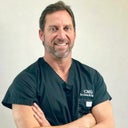Thinking about PRP for thicker hair. Are there any associated risks? I am a 35 year old man.
Hello. I am considering PRP to thicken hair. I read on one chat forum there could be a link with cancers. Can anybody put my mind at rest, or should I simply avoid such treatment?










